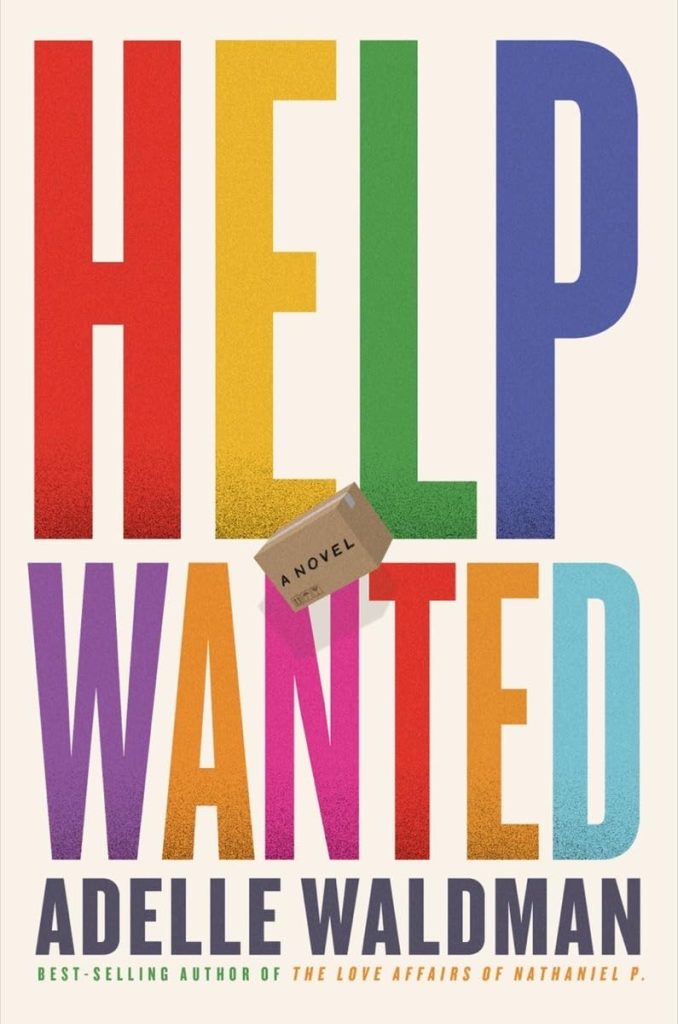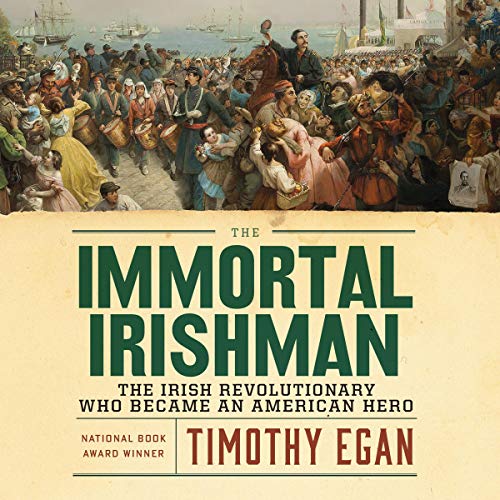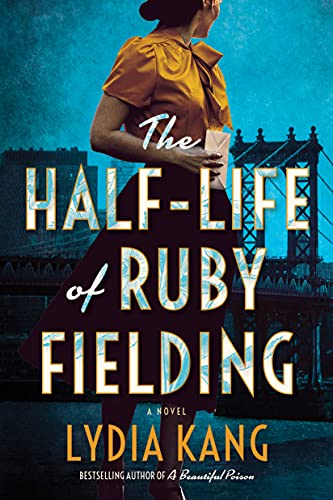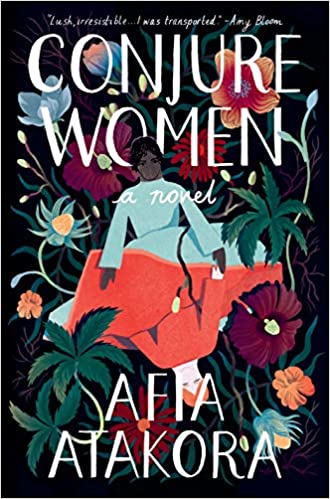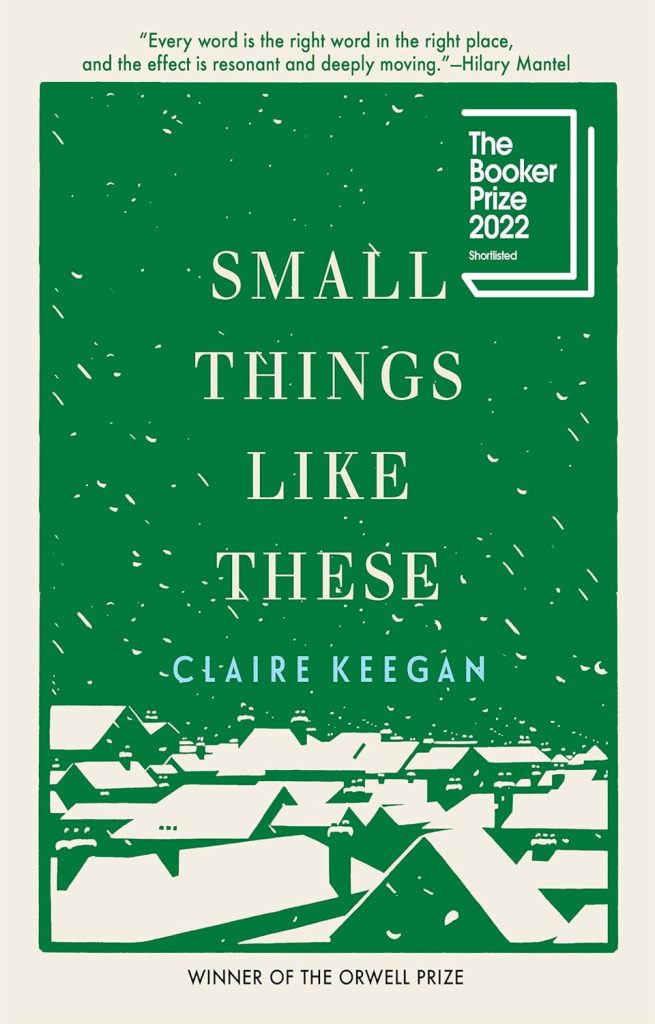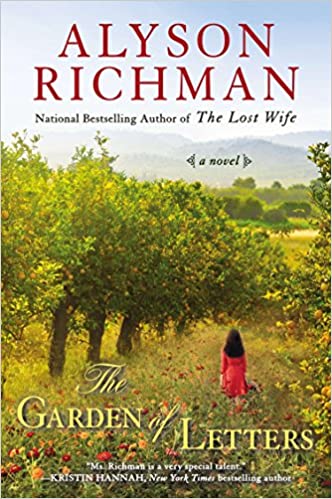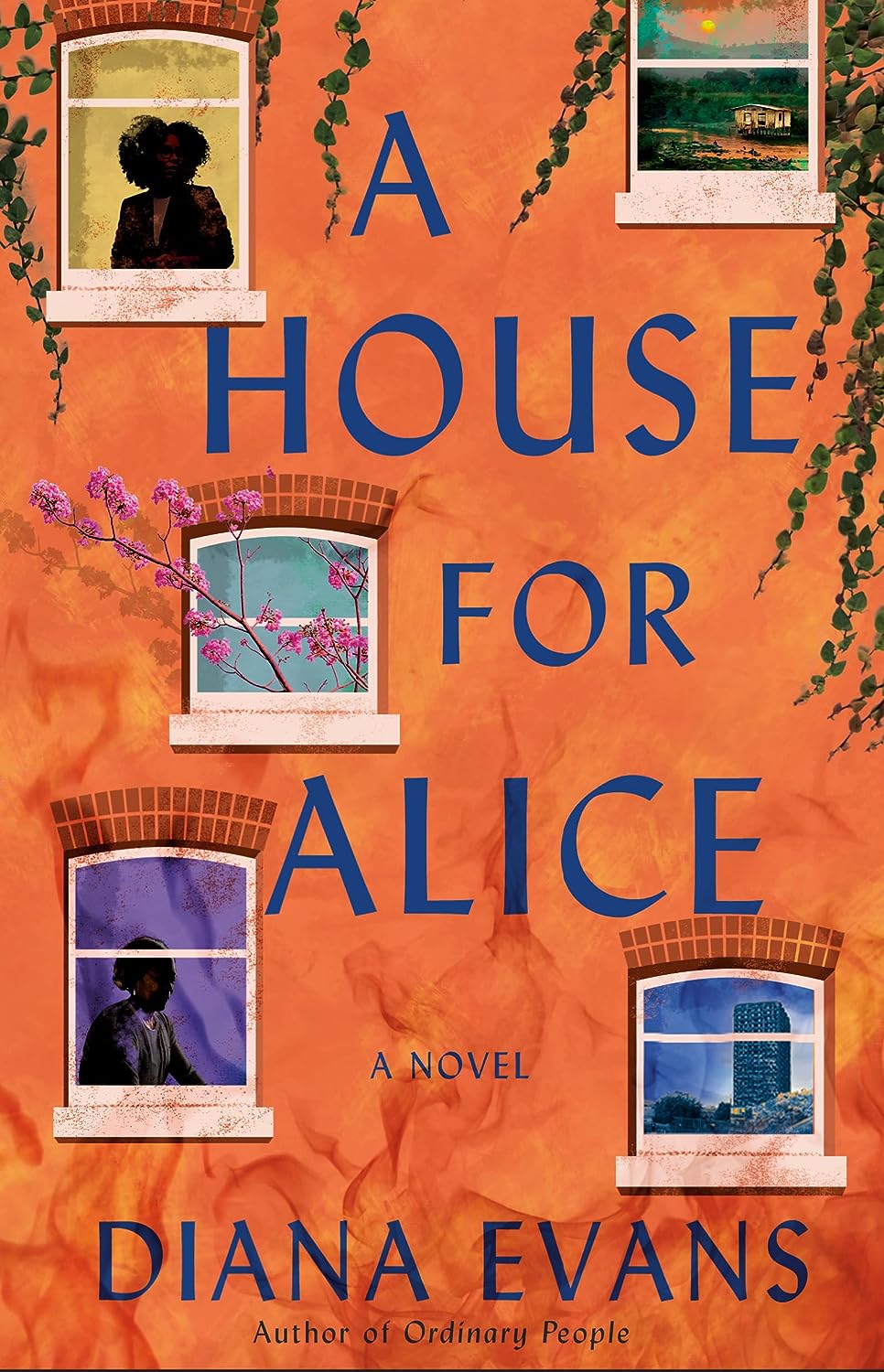
A House for Alice: A Novel
Estimated reading time: 1 minute, 15 secondsI just started reading A House for Alice: A Novel by Diana Evans. The story is set against a complicated political backdrop but is filled with hope, humor, and humanity. A House for Alice explores the scars of grief and betrayal across generations and reveals the secrets we keep from our loved ones.
The novel opens with two tragedies that occur in London. The first is the Grenfell Tower fire, which took many lives. The second is the death of Cornelius Winston Pitt, a family patriarch who dies alone. A House for Alice is a beautiful and poignant story about a family of women shaken by loss and searching for closure.
The family matriarch, Alice, has lived in England for fifty years but longs to spend her remaining years in her homeland, Nigeria. Her three daughters are divided on the matter. The youngest daughter, Melissa, is also struggling with the aftermath of her failed relationship. The family’s foundational pillars of trust, love, and cultural identity begin to weaken as they navigate these difficult times.
The Jan Lilien Education Fund sponsors ongoing sustainability and environmental awareness programs. Gifts made this month; I will match dollar-for-dollar. All donations are tax-deductible.
I receive a commission when you buy a book or product using a link on this page. Thank you for supporting Sharing Jan’s Love blog.


